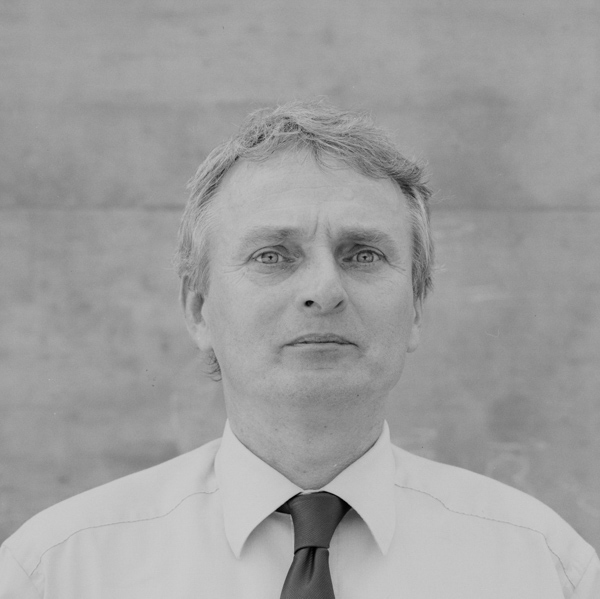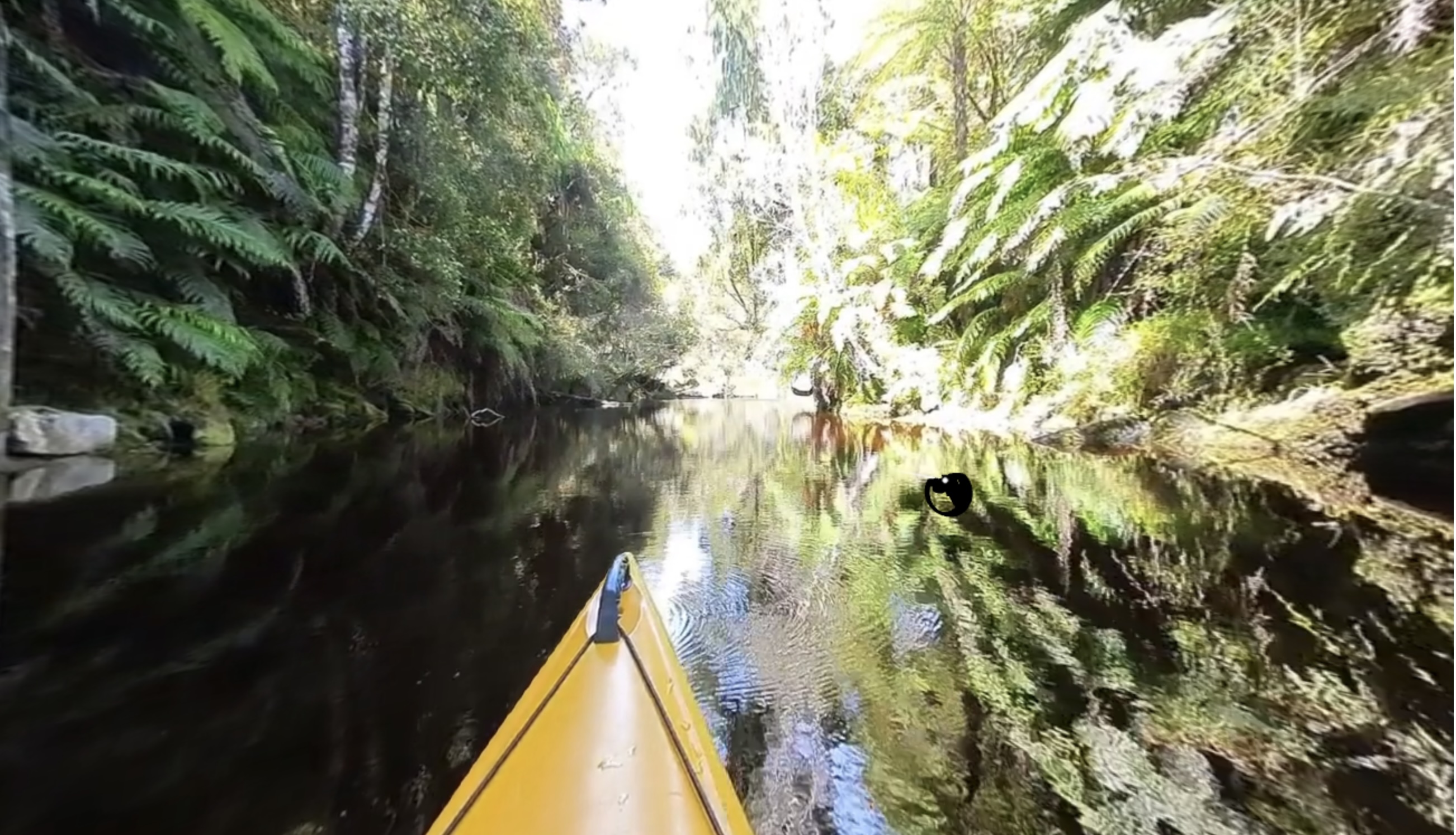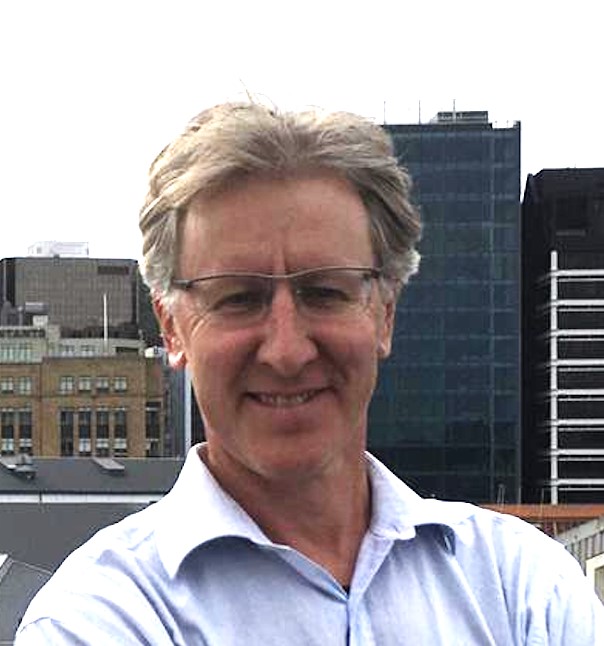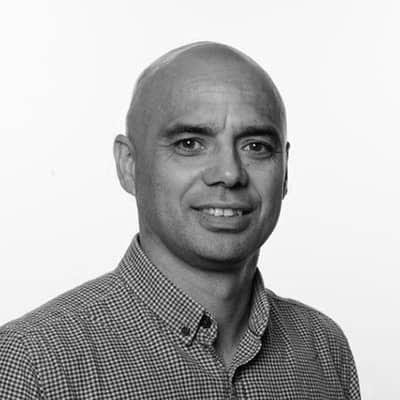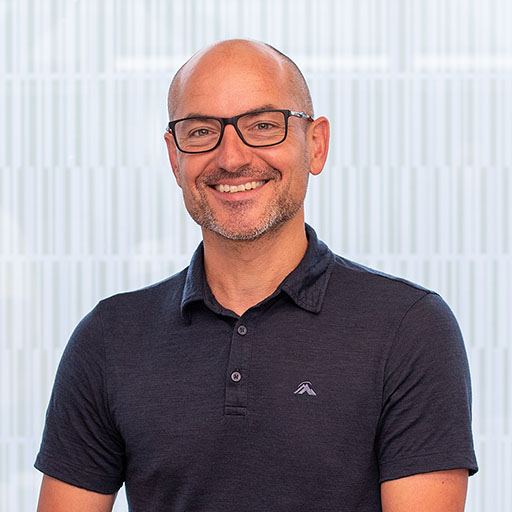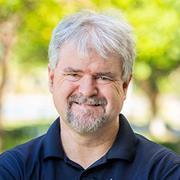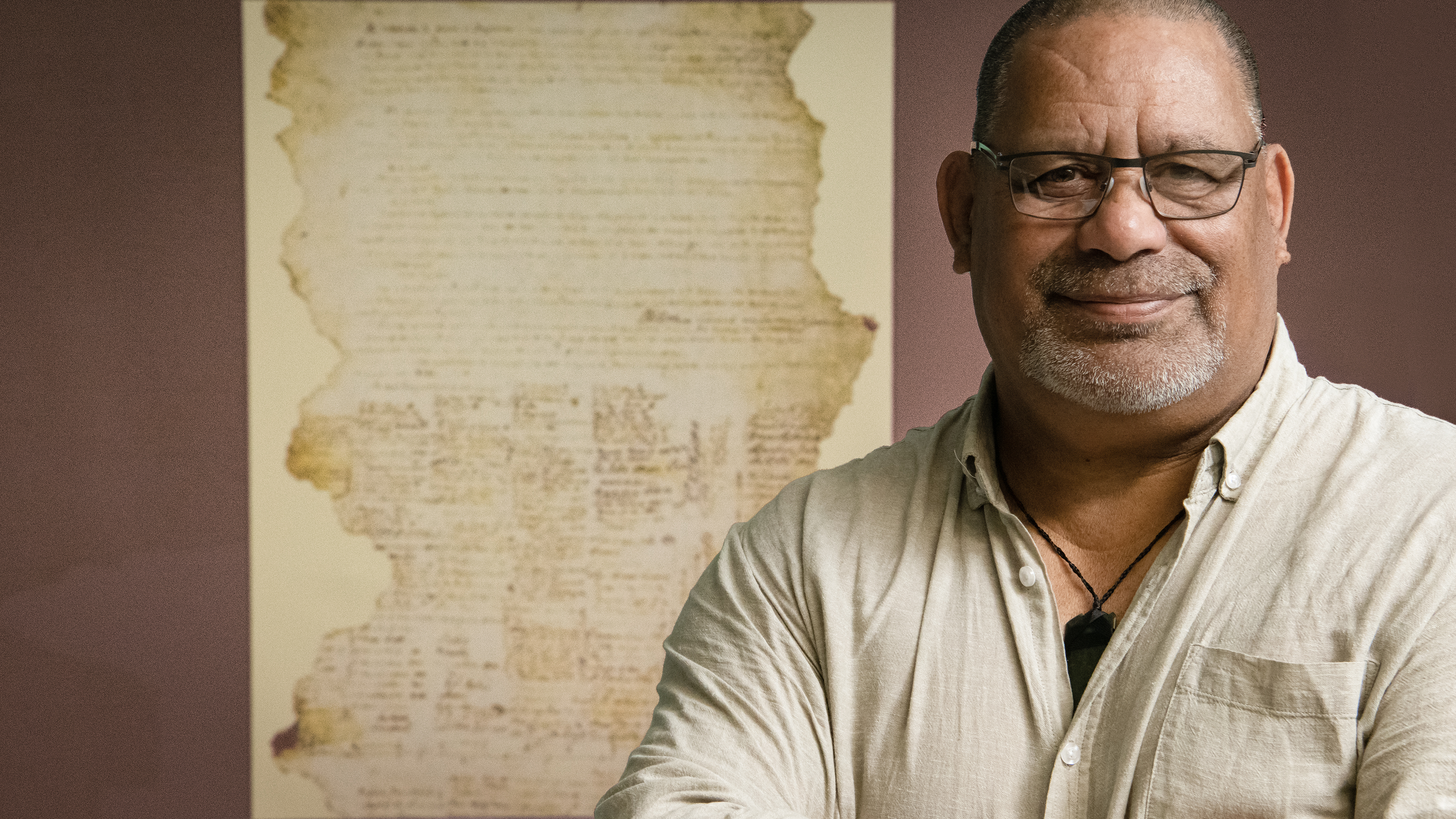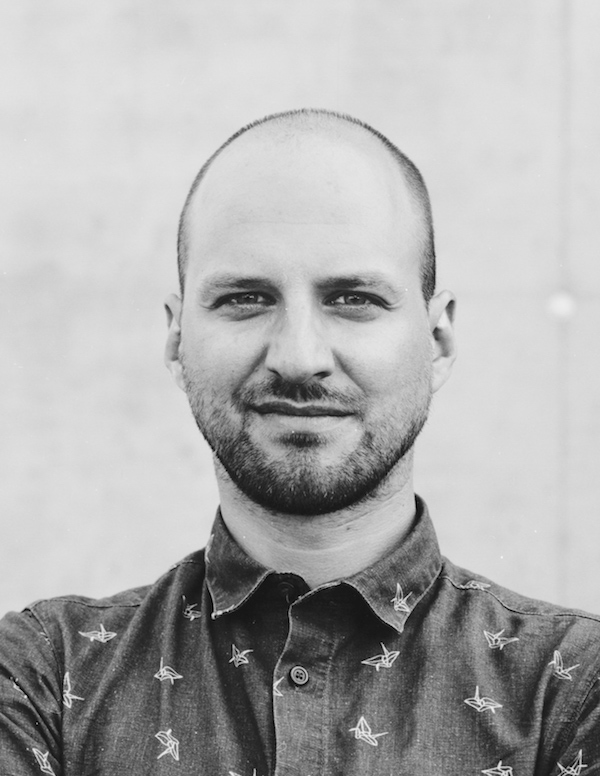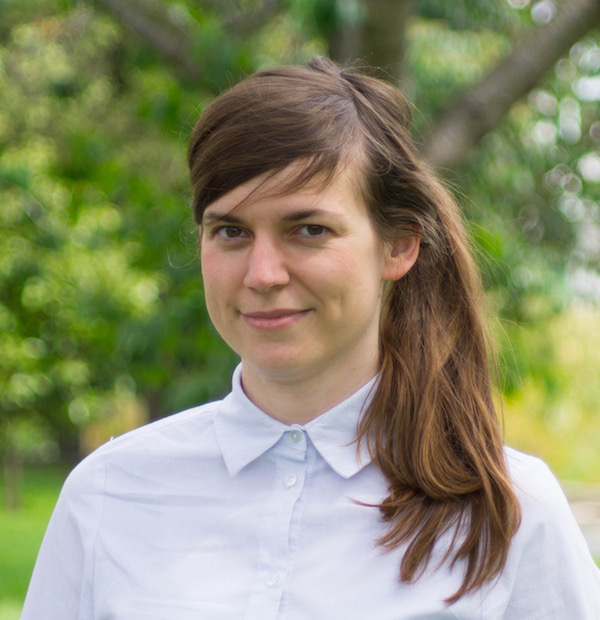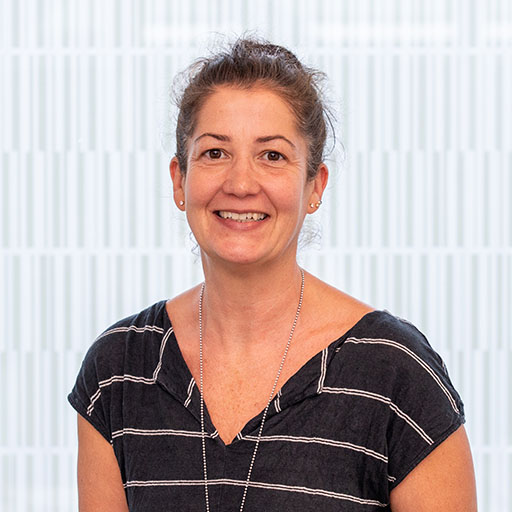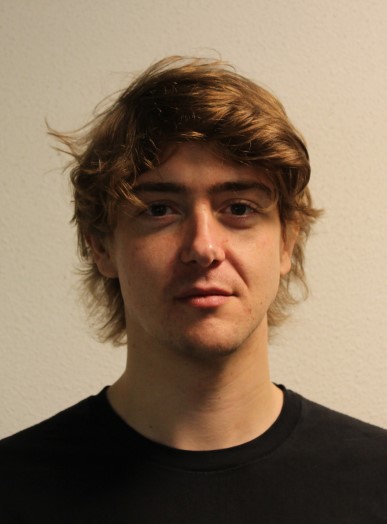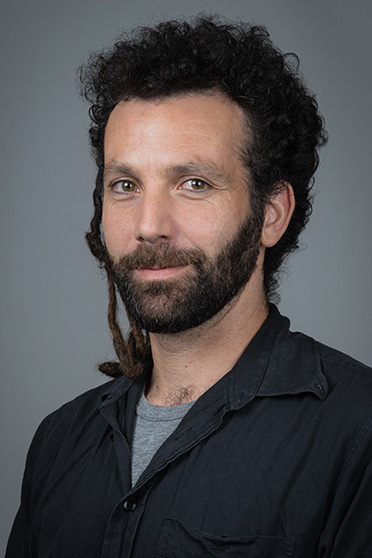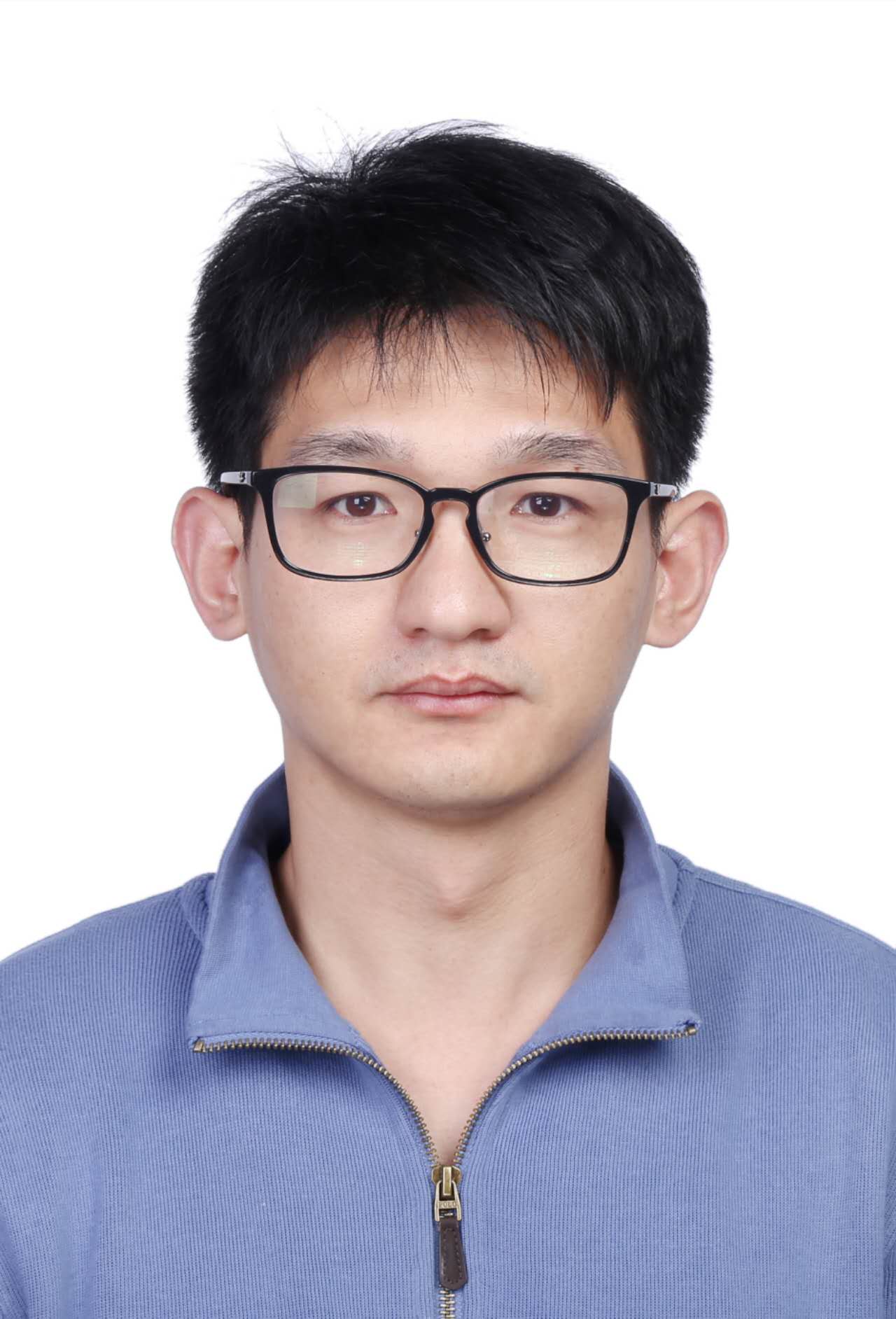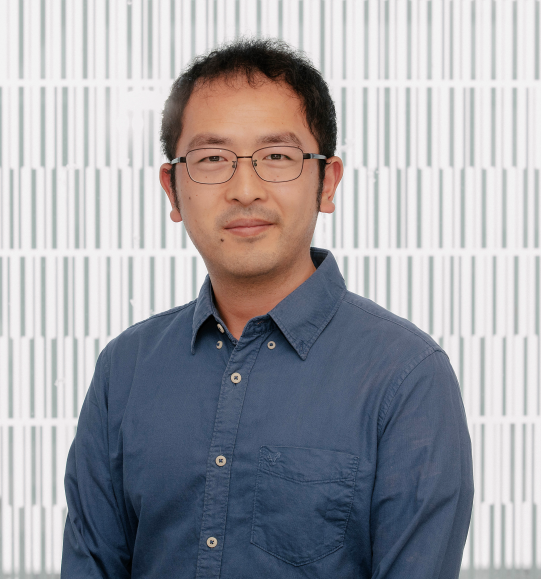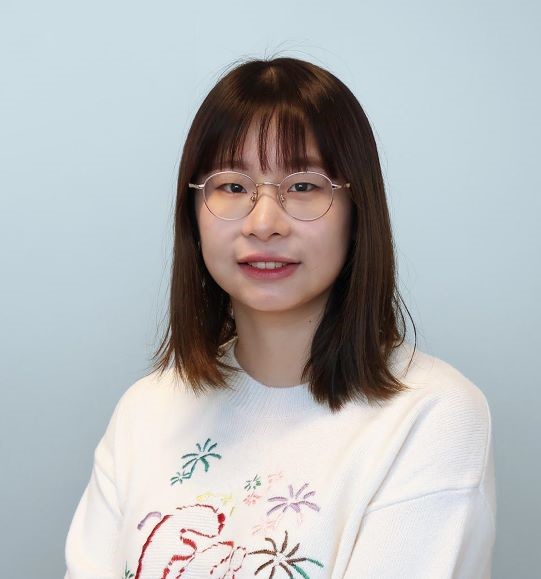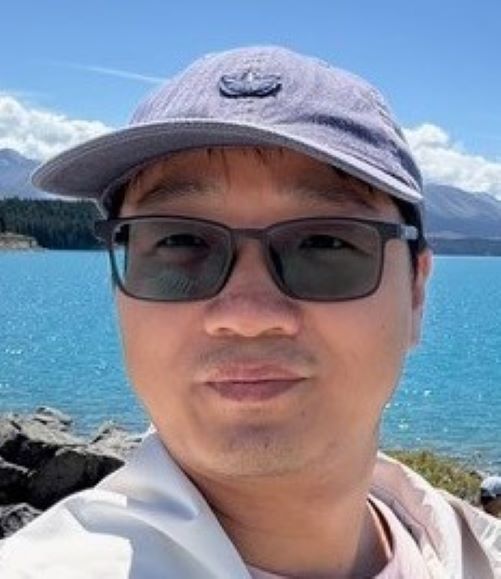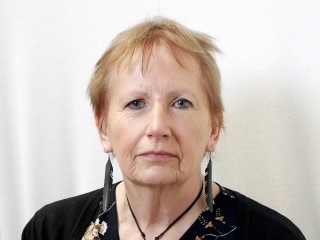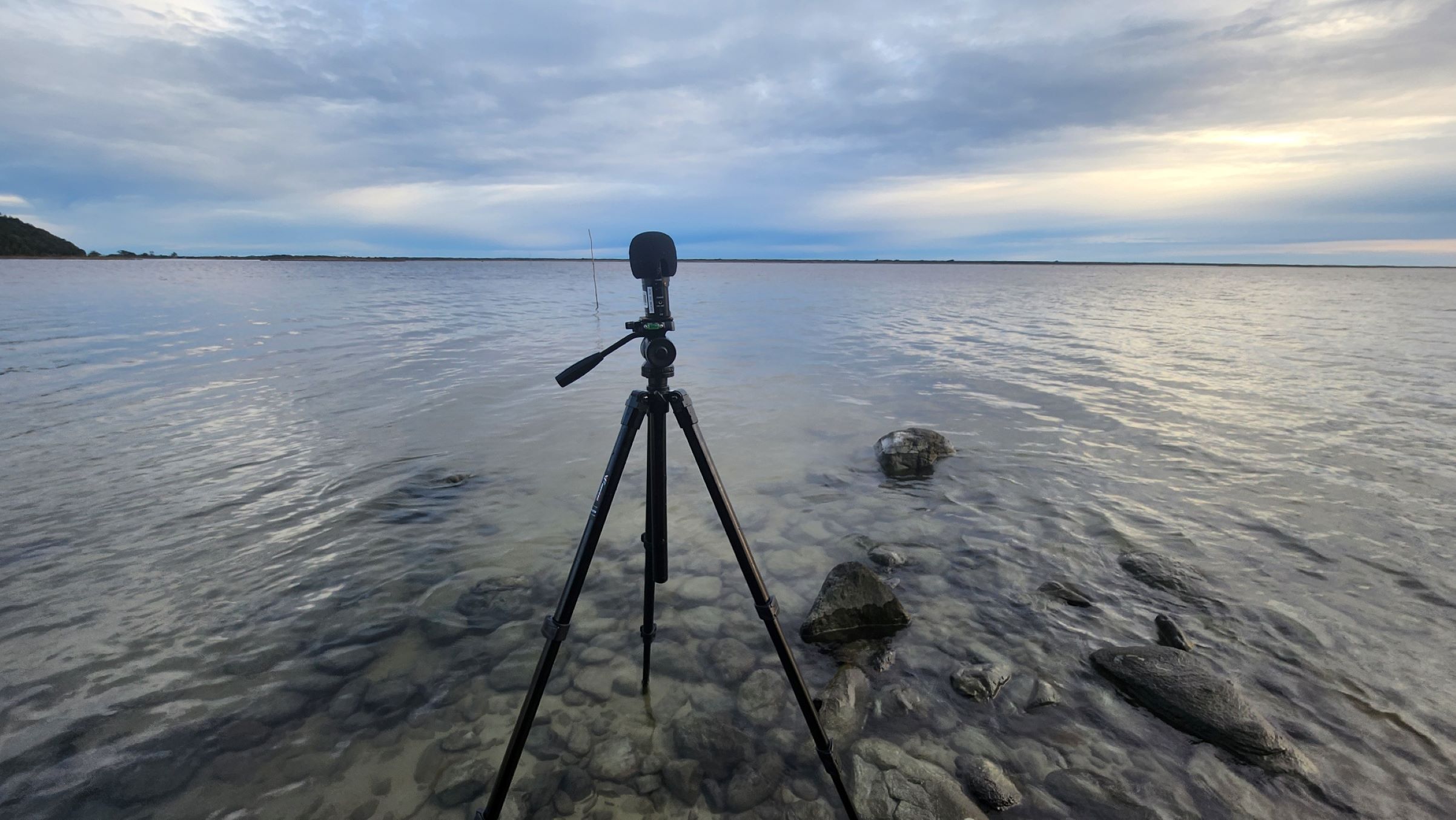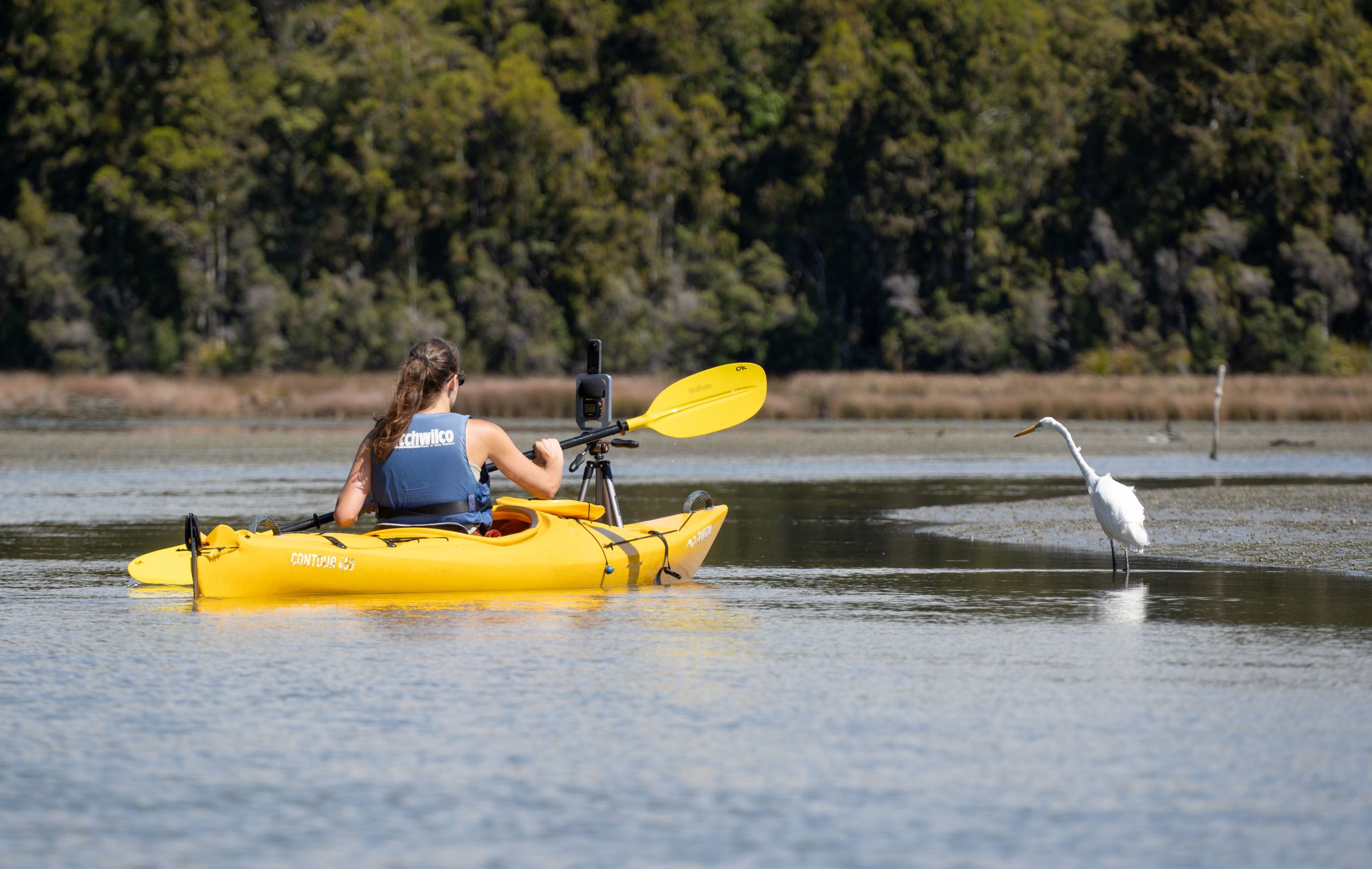We are seeking two PhD candidates to research and develop immersive and semi-immersive tele-presence applications for remote virtual tourism,
allowing for visitor experiences in Aotearoa New Zealand from anywhere in the world.
Applicants should have a strong technical background, preferably with experience in computer graphics, game engines, networking,
human-computer interaction, and/or mixed reality. While the research will have a strong technical focus, the successful
candidates will also be expected to engage with external stakeholders (our research partners, tourism operators, and
local communities) throughout the design and evaluation process, and so a willingness to learn and engage with the
unique culture of Aotearoa New Zealand is a must.
The successful candidates will also be expected to conduct and report on user studies to evaluate various aspects of the
experience. Possible areas of research might include:
- Real-time capture, reconstruction, and streaming of environments, people, and soundscapes
- Asymmetric interactions between tour guides (on-site or virtual) and remote (virtual) tourists
- Co-present many-to-many interactions between local (on-site) and remote (virtual) tourists
- Cultural, environmental, and ethical considerations
- Minimally viable product development demonstrable to end users and other stakeholders
Successful candidates will be supervised by
Professor Holger Regenbrecht.
The positions are funded as part of the larger project investigating technology-supported tourism in Aotearoa New Zealand.
The candidates will work within the Human Computer Interaction Group at
Ōtākou Whakaihu Waka | University of Otago based in Dunedin, with the option to
travel within the country as part of our regular stakeholder and community engagement.
The positions are open to all nationalities (i.e., the successful applicants do not have to be NZ or Australian citizens).
An international candidate (non-NZ or non-Australian) will be required to apply for a NZ student visa to be allowed to study in NZ.
The positions are supported by funding of at least NZ$43,000 per year for 3.0 years. This includes a tax-free stipend of NZ$35,000
per year and a full university tuition fee waiver. The stipend is only available on the condition that the study is conducted in New Zealand.
Funding is also available for some expenses, including travel to external stakeholders and national / international conferences.
Please email the following to jackie.rees@otago.ac.nz:
- Your Curriculum Vitae, including any relevant qualifications and publications
- A copy of your academic transcript(s)
- A cover letter, including a description of why you want to undertake a PhD, how your previous experiences have
prepared you for the research project that you are applying for, what your passions are within or outside of
academia, and an indication of your potential start date
If you are shortlisted, you will also be requested to provide the names and contact details of two academic referees
willing to provide confidential comments on your suitability for the project.
